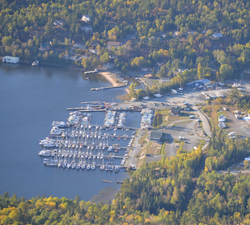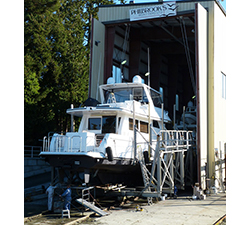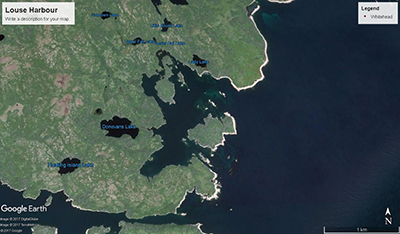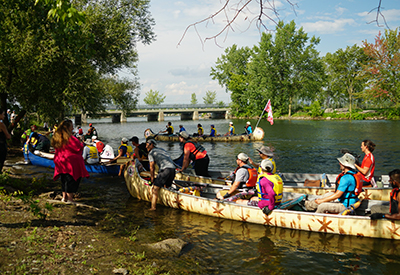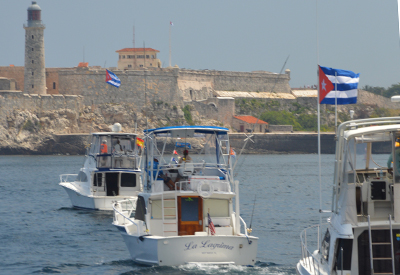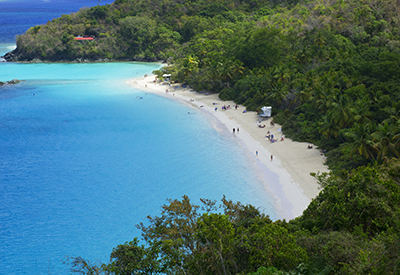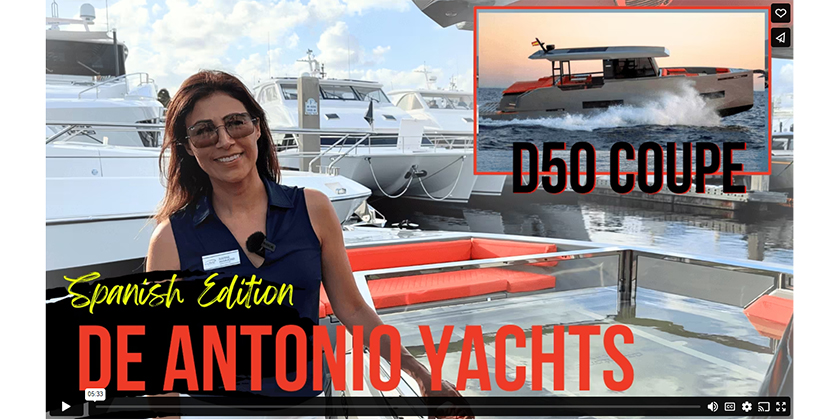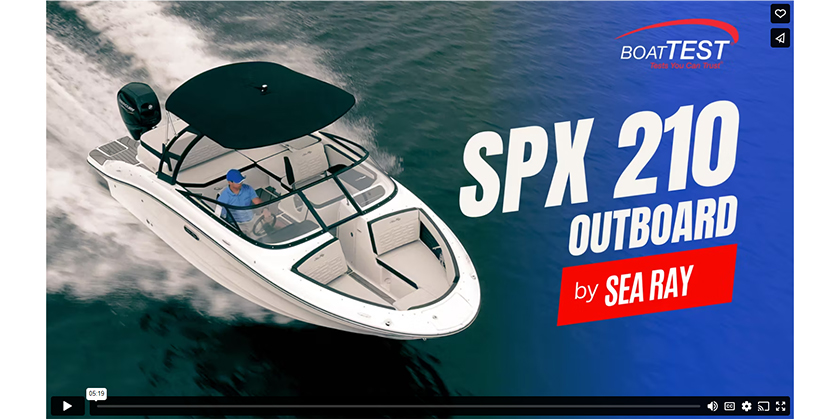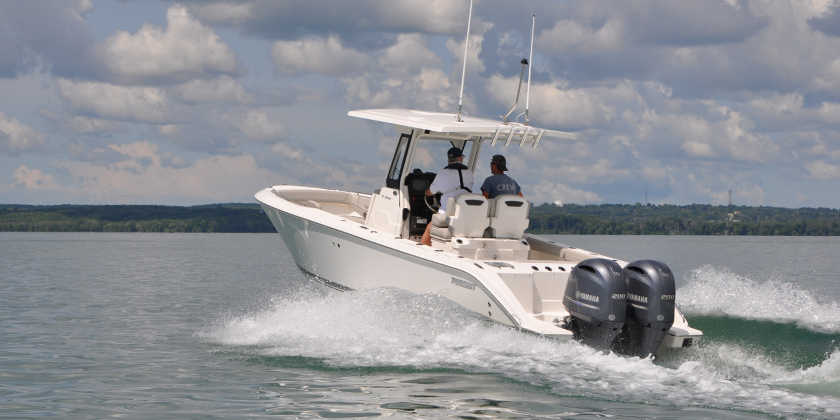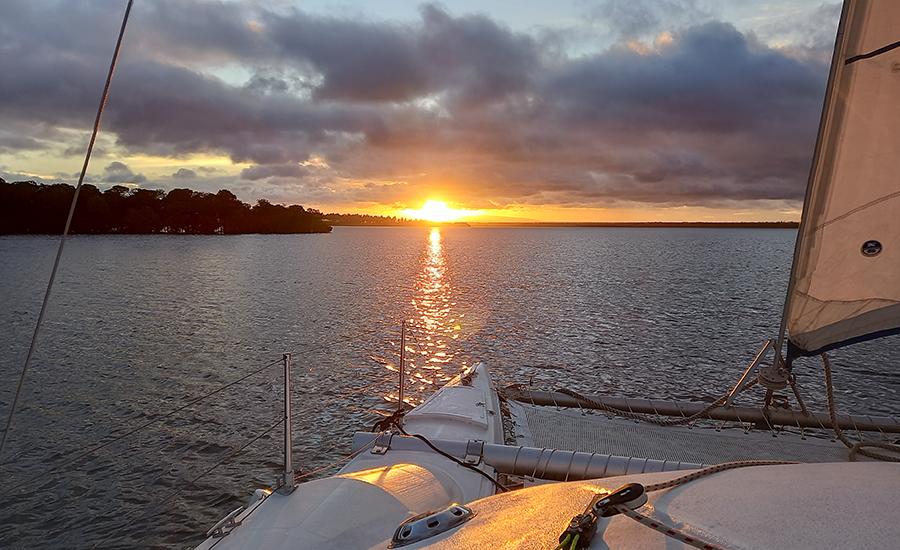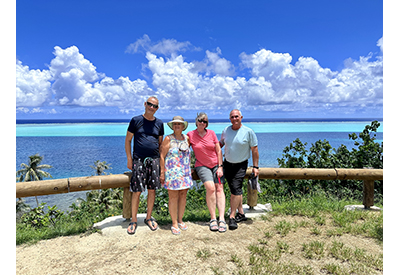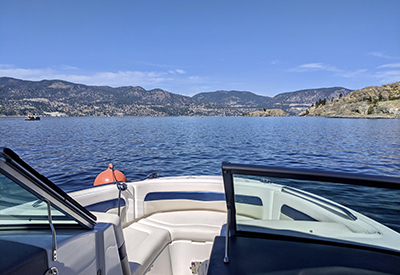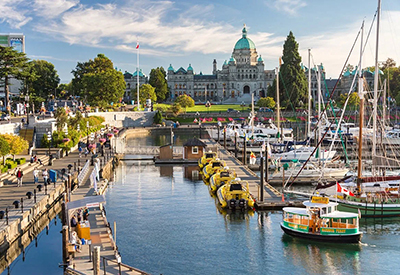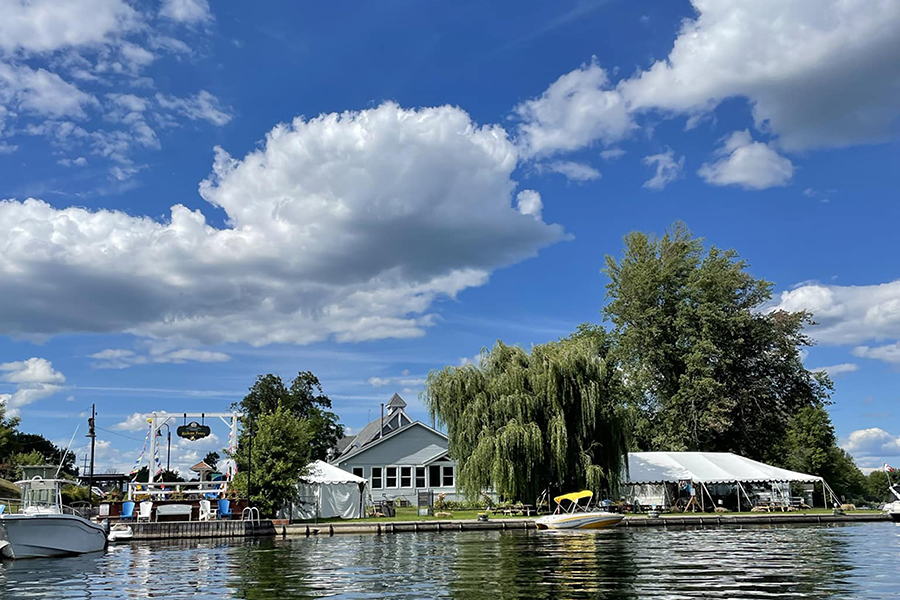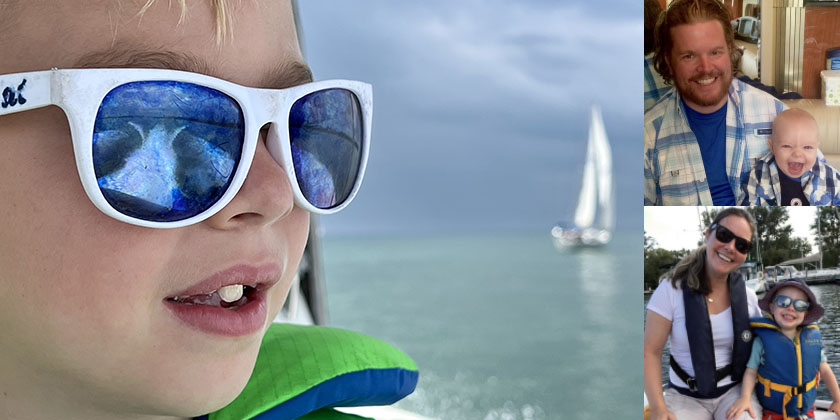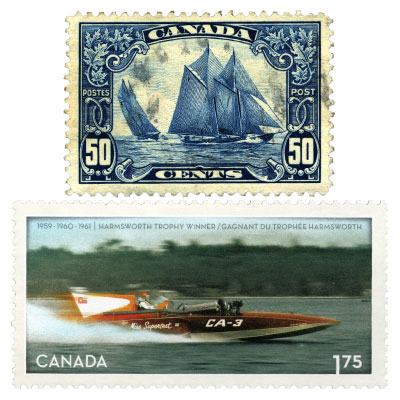Planning Your Dream Cruise: 4 – Making Cruising Pay – Earning While Cruising
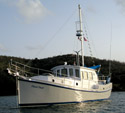
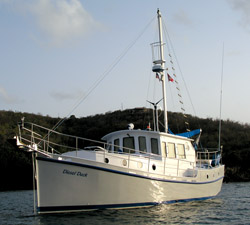 This is the fourth in a series of articles by Sheryl and Paul Shard who since 1989 have been cruising internationally aboard their Classic 37 sailboat, Two-Step.
This is the fourth in a series of articles by Sheryl and Paul Shard who since 1989 have been cruising internationally aboard their Classic 37 sailboat, Two-Step.
In the previous edition of CY, we talked about the potential costs of cruising, ways to plan and save for your dream cruise, and tips for managing your money while underway. In Part 4: Making Cruising Pay, we’ll discuss ways to keep the cruising kitty topped up while you travel and discuss the pros and cons of working while cruising.
Can you earn while you cruise?
Travelling by boat, as I’m sure you’ll agree, offers many pleasures and freedoms but can present plenty of challenges and high-stress moments as well. Adding financial stress to the adventure can really take the fun out of cruising so, as we discussed in our last article, it’s important to maintain a good financial base when cruising. As in life ashore, financial security provides freedom and peace of mind. The ability to earn a living while cruising then seems the ultimate freedom. Although it is a difficult thing to manage, it is possible, and throughout our 18 years of cruising aboard Two-Step we have met many cruisers who are making cruising pay in positive and creative ways.
Investment Earnings
The easiest and most common way to earn while cruising is to have a nest egg of investments that earn a reliable interest rate while you’re out having fun on the boat. Earning this way is the least work while you’re sailing and if carefully planned before you set sail should hardly interfere with your cruising itinerary as opposed to trying to take on jobs along the way. Ideally your investments should be low maintenance and easy to cash in with little or no penalty. This is not difficult to set up with the help of a financial adviser. Most cruisers we meet doing this have down-scaled their living costs by moving on board and so their investment earnings or retirement funds go a lot further than when living ashore.
Since communications can often be tricky when travelling, it is generally advisable to set up a portfolio that doesn’t require a lot of attention. If you have to be checking the stock market constantly or risking disaster if you can’t get a call in to your stock broker it’s just going to add to your stress level and be dangerous financially. This of course depends on where you’re cruising since technology has improved to the extent that in so many places, even at sea or stuck in a remote anchorage by bad weather, you can get internet access and have good affordable phone service on board.
Looking at things from the other side of the coin, when we sailed to Bermuda for the first time in 1990 we met a cruising stock broker from Connecticut who was handling the complicated investments of his high profile clients while cruising on his boat. He’d made the offshore voyage to Bermuda, something he’d always dreamt of doing, and having accomplished this he then set himself up at a dock in the harbour for several months with phone and fax service (no e-mail at that time) and was enjoying island life while working for his clients. Very occasionally he had to fly back to his office at home but by remaining in one location for a long period he was able to establish the reliable communications he needed to handle the investments of his clients and earn his living while cruising for the summer.
Rental Earnings
Another popular method of making cruising pay is to move aboard and rent out your house at a rate that covers the house expenses plus enough to maintain a simple cruising lifestyle in addition to savings or other investment income. We meet many people doing this especially if they are out for a set period of cruising and then plan to return home or if they have just begun cruising and want the assurance that they have their place to go home to if they find the cruising life isn’t for them. Since property values generally increase over time, renting also helps maintain any investment in a home or other property. Then if you do eventually decide to sell, you can wait for a good time in the market and more than likely get a good return on your investment.
The importance of communication is an issue here too. You must be in touch to look after your tenants needs or assign a reliable representative at home that they can contact if they need the plumbing fixed or repairs made. A property manager can be hired if you do not have a friend or family member to help you out with this but hiring a property manager will reduce your earnings somewhat. The hassles you may be spared however will probably make it worthwhile.
The key to success with renting is to be sure you have good tenants for the long-term that are not causing trouble with the neighbours or damaging your property. Bad tenants or a high turn-over of tenants which results in increased administrative time and cost can make this form of earning-while-cruising a nightmare but with carefully chosen tenants, earning by renting your home or other property works well for many cruisers since it offers emotional as well as financial security in many cases.
Finding Work Along the Way
Perhaps the most obvious way of making cruising pay is to set sail and work along the way. This can be a very unreliable method of earning if you are constantly on the move and, if it is your only source of income, can be very stressful. Most cruisers who work along the way do it only as a supplement to their travel funds. Having said that, we know lots of cruising folk who have worked their way around the globe and who find that working in a new place adds greatly to their cruising experience and understanding of the world. They generally have a specific skill such as carpentry or waitressing or teaching English or yacht maintenance that travels well but are willing to take on any variety of jobs depending on what is available so flexibility is key.
Working in other countries can often present limitations in the form of required work permits, different certificates of qualification, language barriers, and the like, but with advance planning the paperwork can be applied for and these obstacles dealt with and overcome. In the Azores we met a cruising couple who were computer professionals and enjoyed taking on short-term overseas contracts in countries they could sail to. This way they had an interesting mix of cruising and job security in the countries they arrived in.
Cruisers with skills useful to other cruisers such as refrigeration and engine repair often earn their keep just working within the cruising community wherever they go and where they are in constant touch with potential customers. On our recent visit to Malta we met up with a British sailor spending the winter there before sailing on to Greece this summer. He was a certified RYA instructor so was approached by many local sailors wanting to achieve various levels of training and RYA certification. He spent the winter teaching them on their own boats and was offered several delivery jobs as well. Like many work-along-the-way sailors, he didn’t rely on this work as his only source of income but it was an enjoyable and rewarding way to top up his cruising fund and get involved in the local boating community while cruising at the same time.
Long-term cruisers generally find that it is nice to stop and stay in one place from time to time to catch their breath, maintain their boats, and find seasonal work while they do. Once they have established work contacts they often return to the same place each winter or summer or tourist season when extra workers are needed during busy times.
You Name It
There are lots of wonderful and unusual ways to earn a living while cruising. In the Bahamas we met a statuesque Swedish hairdresser who gave topless haircuts on the beach. She announced her services on the VHF net and only charged $5.00 for a basic cut or beard trim but always made a bundle. Singer and cruiser Eileen Quinn tops up her cruising kitty performing her entertaining cruising songs at boating events and by selling her CDs. Paul and I produce travel and nature documentaries for television as well as sailing DVDs.
Making cruising pay is possible. It just takes a little patience and imagination, qualities all boaters with a dream possess.
In Part 5: Part-time Cruising in the next issue of CY, we’ll discuss how more cruisers are opting to cruise part-time and the benefits this style of cruising offers with regards to work, family relations, and cruising pleasure.
Paul and Sheryl Shard are the authors of the bestselling book, “Sail Away! A Guide to Outfitting and Provisioning for Cruising” and the hosts of the award-winning sailing TV series, “Distant Shores” which is also available on DVD. Visit their website www.distantshores.ca

